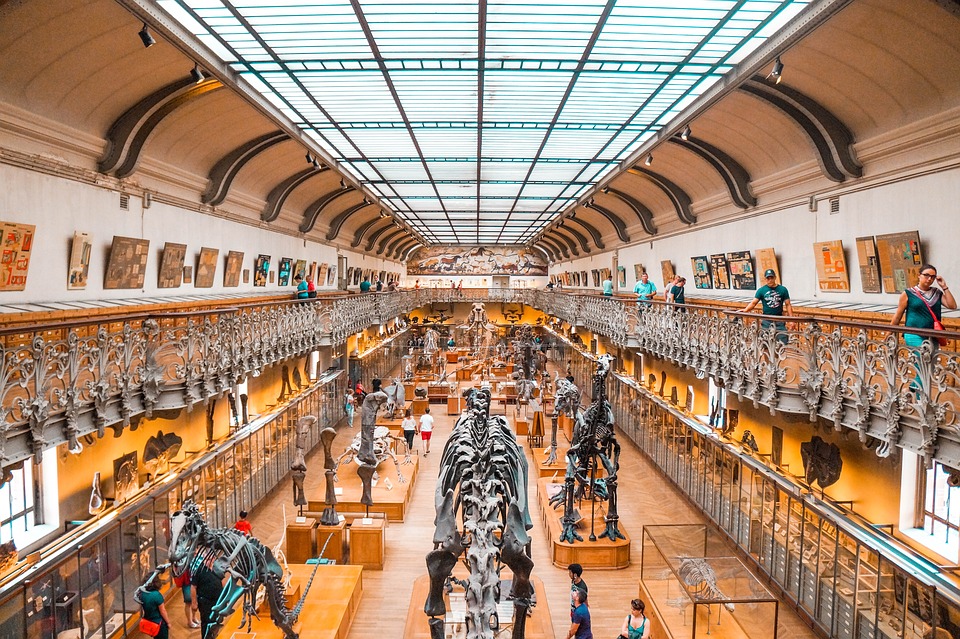The Influence of Technology on Musical Evolution
Technology has played a significant role in shaping the evolution of music throughout history. From the invention of the phonograph in the late 19th century to the rise of digital music streaming services in the 21st century, advancements in technology have continually revolutionized the way we create, consume, and experience music. In this article, we will explore the ways in which technology has influenced the evolution of music and how it has shaped the musical landscape we know today.
Recording and Reproduction
One of the most significant ways in which technology has impacted music is through the invention of recording and reproduction devices. Prior to the advent of the phonograph in 1877, music could only be experienced live in concert halls or through sheet music. The ability to record sound and play it back allowed for the preservation and dissemination of music on a mass scale.
The development of recording technology also gave rise to new genres and styles of music. Artists were no longer constrained by the limits of live performance and could experiment with different sounds, instruments, and production techniques in the studio. This paved the way for the emergence of genres such as electronic music, hip-hop, and pop, which rely heavily on studio production and editing.
Electronic Instruments
The invention of electronic instruments such as the synthesizer and drum machine in the mid-20th century revolutionized the way music was created and performed. These instruments allowed musicians to create sounds that were not possible with traditional acoustic instruments, leading to the development of new genres like electronic dance music (EDM) and synth-pop.
Electronic instruments also played a crucial role in the development of music production techniques. The ability to manipulate sounds using filters, effects, and sampling techniques opened up a world of possibilities for producers and engineers, leading to the creation of intricate and complex soundscapes in modern music.
Digital Distribution
The rise of the internet and digital technology in the late 20th century brought about another major shift in the music industry with the proliferation of digital distribution platforms. Platforms like iTunes, Spotify, and SoundCloud made it easier than ever for artists to share their music with a global audience and connect with fans from around the world.
Digital distribution also changed the way consumers interacted with music. Instead of purchasing physical copies of albums, listeners could now stream or download music instantaneously on their devices. This shift in consumption habits led to the decline of physical record sales and the rise of streaming as the dominant form of music consumption in the 21st century.
Live Performance
Advancements in technology have also transformed the live music experience. From the invention of the electric guitar and amplifier to the development of sophisticated sound systems and lighting rigs, technology has had a profound impact on the way concerts and music festivals are produced and enjoyed.
In recent years, advances in audiovisual technology have taken live performances to new heights, with artists incorporating elaborate stage designs, projection mapping, and immersive audio experiences into their shows. These technological innovations have not only enhanced the audience’s live music experience but have also pushed artists to think creatively and push boundaries in their performances.
Collaboration and Connectivity
Technology has also revolutionized the way musicians collaborate and connect with each other. With the rise of social media, online forums, and collaborative platforms like Splice, artists can easily collaborate with other musicians, producers, and songwriters from anywhere in the world.
This increased connectivity has fostered a more collaborative and global music community, allowing artists to draw inspiration from diverse cultural influences and create music that transcends borders and genres. In addition, technology has made it easier for independent artists to self-promote and distribute their music without the need for a record label, giving rise to a new wave of DIY musicians and empowering artists to take control of their careers.
Conclusion
In conclusion, technology has played a crucial role in shaping the evolution of music and has had a profound impact on the way we create, consume, and experience music. From the invention of recording devices and electronic instruments to the rise of digital distribution platforms and collaborative tools, advancements in technology have continually pushed the boundaries of what is possible in music.
As we look to the future, it is clear that technology will continue to shape the musical landscape and influence the way we interact with music. Whether through virtual reality concerts, AI-generated compositions, or innovative production techniques, the possibilities are endless for how technology will continue to impact the evolution of music in the years to come.

Leave a Reply